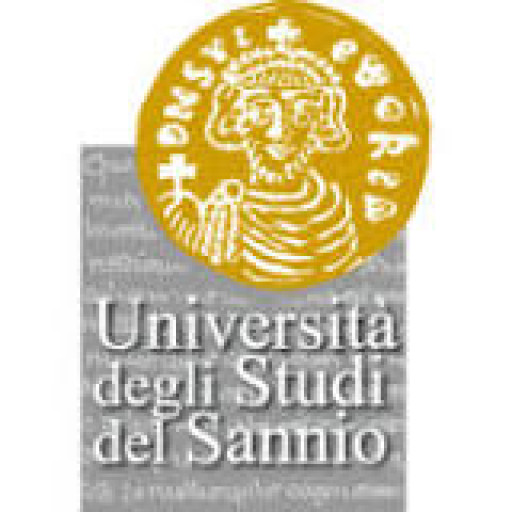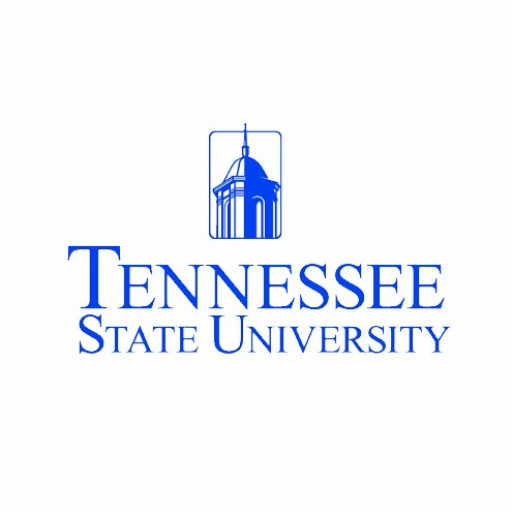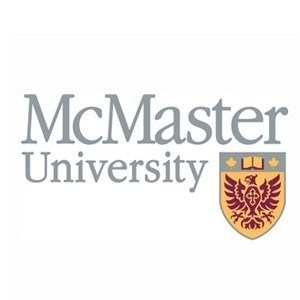Photos of university / #imperialcollege
The MSc in Structural Molecular Biology at Imperial College London offers an outstanding postgraduate education for students interested in understanding the fundamental principles that govern the structure and function of biological molecules. This comprehensive program combines rigorous scientific training with practical laboratory experience, enabling students to develop a deep understanding of the mechanisms underlying biological processes at the molecular level. Throughout the course, students will explore topics such as protein structure and function, nucleic acids, membrane biology, and techniques in structural determination like X-ray crystallography, cryo-electron microscopy, and nuclear magnetic resonance spectroscopy. The program is designed to provide both theoretical knowledge and hands-on skills, fostering the ability to analyze and interpret complex biological data. Students will have access to state-of-the-art laboratories and equipment, working alongside leading researchers in the field. The curriculum includes coursework, practicals, and a research project, culminating in a dissertation that allows students to investigate a specific area of interest in depth. Graduates of this program will be well-equipped for careers in biomedical research, pharmaceuticals, biotechnology companies, or further academic study. The program also offers opportunities for networking through seminars, workshops, and collaborations with industry partners. Overall, the MSc in Structural Molecular Biology prepares students for a competitive scientific career by providing essential knowledge, practical experience, and professional development in the dynamic field of structural biology.
You complete two 20-week research projects during the year.
The projects are designed to give practical experience of laboratory research and opportunities to learn a wide range of skills.
Each project will incorporate at least two of the five structural biology areas:
- Macromolecular structure function and structural bioinformatics
- X-ray crystallography
- Biological nuclear magnetic resonance spectroscopy
- Cryo-electron microscopy
- Mass spectrometry
In addition, there are various tutorials covering protein structural principles, cryo-electron microscopy, X-ray crystallography, and nuclear magnetic resonance (NMR):
- Macromolecular structure principles
- Macromolecular Structure Determination
- Macromolecular Structure Function
- Structural Biology in Drug Discovery
You will also acquire a range of professional and transferable skills through workshops and courses given by the Faculty of Life Sciences and by the Graduate School.
You will attend seminars, together with journal clubs and work in progress meetings, which are relevant to your interests.
You will also present and discuss your work at lab meetings in the labs of your current research project and will have regular meetings about progress with your supervisors.
The programme is only offered as a full-time, one-year course and leads to the MRes degree. Students will attend both lectures selected from existing course modules and specially designed seminar style lectures. Furthermore, students will also attend practical courses and workshops on specific techniques to gain training in the broad area of structural molecular biology. Specific tutorials are also offered to provide opportunity for in-depth discussion and knowledge on selected topics. A dissertation in literature review style provides further opportunity for broad in depth knowledge in structural molecular biology. The remainder of the course comprises two individual (17-18 weeks) research projects followed by a seminar presentation and viva voce with two internal examiners. A final viva voce with the visiting examiners take place at the conclusion of the course. The overall pass mark is 50% and each project contributes 45% of the final mark and the dissertation contributes to 10%. Term one: All students attend an induction week and are advised to start discussing possible research projects with appropriate academic staff. Students will then attend lectures in Macromolecule in 3D and carry out background reading in the following weeks. Projects (about 18 weeks) begins in the 6th week of term. Students also attend lectures on practical protein crystallography course. Term Two: Project continues and students attend a series of lectures shared with MRes in Bioinformatics and Systems Biology. A written report will be handed in and examined before Easter Vacations. Term Three: The Students hand in their literature dissertation and begins their second project (about 17 weeks). All students are expected to attend 6 weeks lectures ( 2 hours per week) specifically designed for the course as well as divisional seminars (once a month). Dissertations will be marked by two examiners and feedbacks are given to the students. Practicals are also schedules in x-ray crystallography, NMR and EM. In august, the students write up their project reports followed by an internal viva. In September, special tutorials are offered to help strengthening the fundamental knowledge acquired throughout the year. Towards the end of September, all students are examined by viva voce on their projects and the taught aspects of the course by the visiting.
The minimum qualification for admission is normally an upper second class (2:1) honours degree in life sciences or a related subject from a UK academic institution or an equivalent overseas qualification.
If your first degree is from a country other than the UK, you may find the guidelines within our Country Index helpful. Please note that these guidelines indicate the College minimum. Our requirement is usually higher.
Candidates with a degree qualification below a 2:1 (or equivalent) but research experience may also be considered for admission – contact the Course Directors for advice before making an application.
The MSc in Structural Molecular Biology at Imperial College London offers various financing options to support students throughout their studies. Prospective students are encouraged to explore a range of funding opportunities, including scholarships, studentships, and financial aid programs available via the university and external organizations. Imperial College provides competitive merit-based scholarships for outstanding candidates, which may cover partial or full tuition fees. These scholarships often require a separate application process and are awarded based on academic achievement, research potential, and other criteria.
Additionally, the college participates in national and international funding schemes, such as government-funded loans and grants, which students can apply for to help cover tuition and living expenses. The UK government offers loan programs for home students, providing financial support that can be used to pay for tuition fees and living costs. For international students, there are sometimes joint funding initiatives, partial fee waivers, or scholarships facilitated through government cooperation or university partnerships.
Students are also encouraged to seek external funding from research councils, private foundations, and industry sponsorships, especially if they have a strong research proposal aligned with current scientific priorities. Many students combine funding sources to make their studies more manageable financially.
Imperial College London also provides guidance and support for students applying for financial aid, including dedicated careers and scholarship advisors. The college’s financial office offers resources to help students plan their finances effectively, including budget planning and advice on part-time work opportunities, where permissible.
In summary, students pursuing the MSc in Structural Molecular Biology at Imperial College London have access to a comprehensive range of financing options, from scholarships and grants to government loans and external funding sources. It is advisable for applicants to review the specific eligibility criteria and application deadlines for each funding opportunity early in the admissions process to increase their chances of securing financial support.
The MSc in Structural Molecular Biology at Imperial College London is a specialized postgraduate program designed to provide students with in-depth knowledge and practical skills in the field of molecular biology, with a particular focus on the structure and function of biological macromolecules. The course aims to equip students with a comprehensive understanding of the principles of molecular biology, biochemistry, and structural analysis techniques. Throughout the program, students engage with cutting-edge research methods such as X-ray crystallography, NMR spectroscopy, cryo-electron microscopy, and computational modelling, enabling them to analyze and interpret the structures of complex biological molecules. The curriculum combines rigorous coursework with intensive laboratory experiments, fostering both theoretical understanding and hands-on experience. Students have the opportunity to work on research projects, often in collaboration with leading scientists and research institutes, allowing them to apply their skills to real-world scientific problems. The program prepares graduates for various careers, including research roles in academia, biotechnology, pharmaceuticals, and healthcare industries. The teaching faculty includes internationally renowned experts in structural biology, ensuring that students receive high-quality instruction and mentorship. Additionally, Imperial College London provides state-of-the-art facilities and resources to support advanced research activities. The program typically lasts one year full-time and includes core modules in molecular biology, structural biology techniques, bioinformatics, and advanced research practices. Overall, the MSc in Structural Molecular Biology offers a rigorous and rewarding pathway for students interested in the molecular architecture of life and the technological innovations that drive biomedical discovery.










